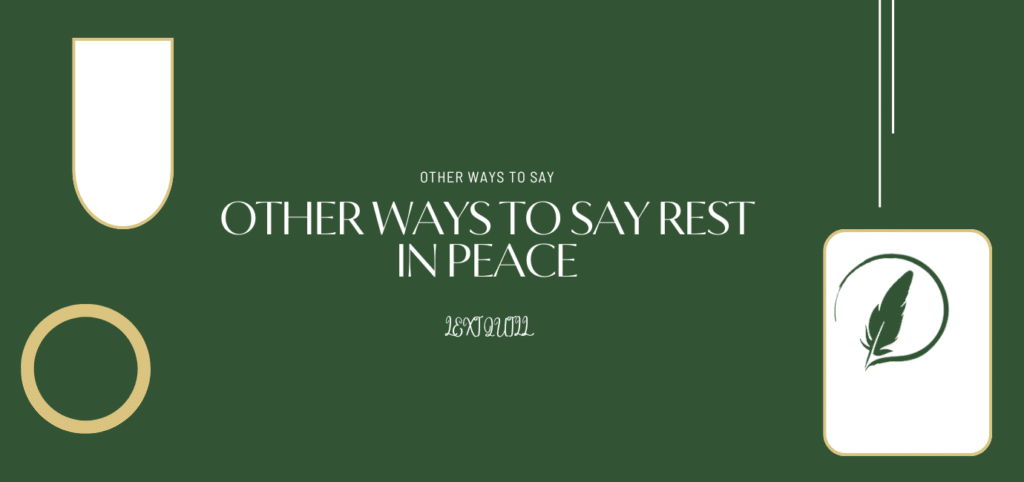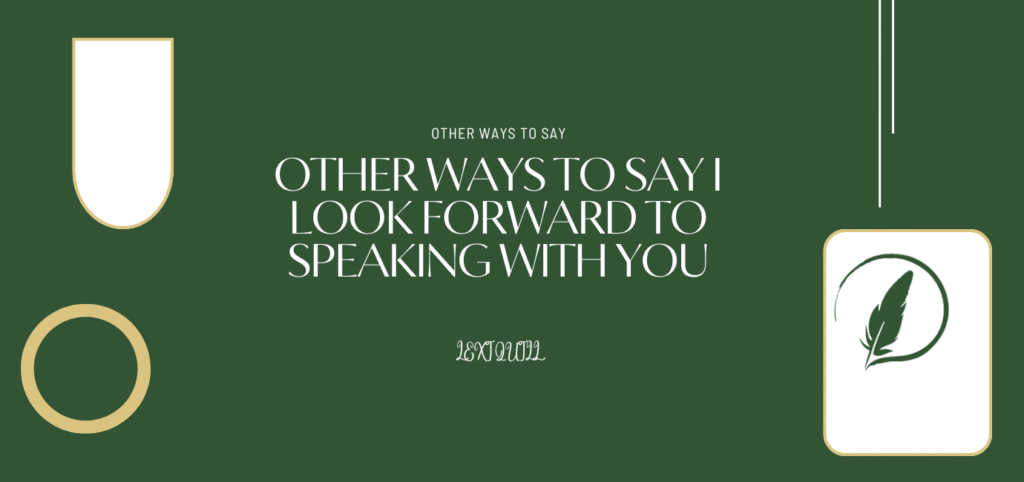In the modern workplace, professional communication is a key ingredient for success. The way you express uncertainty, agreement, or hesitation can significantly influence how colleagues, clients, and superiors perceive you. One everyday phrase that often requires a polished alternative is “maybe.”
While “maybe” is casual and perfectly acceptable in informal conversations, it can sometimes seem indecisive, noncommittal, or unprofessional in business settings. If you’ve ever wondered, “How do you professionally say maybe?”, you’re in the right place. This article offers nuanced, strategic alternatives to enhance your professional communication.
Why Find Professional Alternatives to “Maybe”?
Before diving into specific options, it’s important to understand why seeking professional synonyms for “maybe” matters. In professional settings, language shapes perceptions. Using polished expressions can convey thoughtfulness, strategic thinking, and respect for your audience, all while maintaining clarity and professionalism.
Professional Alternatives to “Maybe”
Below are eight polished, context-aware alternatives to “maybe” you can use in business communication. Each option includes a detailed explanation, proper usage context, and a practical example sentence.
1. I’ll Need to Consider That
Nuance: This phrase shows thoughtful reflection rather than indecision. It suggests that you’re taking the matter seriously without giving an immediate answer.
Context: Best used during meetings, negotiations, or when asked to make a decision that requires further evaluation.
Example: “Thank you for the proposal; I’ll need to consider that before giving a final answer.”
Related business synonyms: “I’ll review it,” “I’ll evaluate it.”
2. Let’s Revisit This Shortly
Nuance: This alternative conveys willingness to discuss the matter further without making a hasty decision.
Context: Ideal for team discussions or brainstorming sessions where a decision isn’t urgent.
Example: “That’s an interesting suggestion; let’s revisit this shortly after gathering more input.”
Related professional synonyms: “Let’s circle back,” “We’ll touch base.”
3. I’m Open to It, but Need More Information
Nuance: Shows openness and collaboration while emphasizing the need for additional details before committing.
Context: Useful during client meetings, project planning sessions, or interviews.
Example: “I’m open to it, but I’ll need more information before moving forward.”
Related business synonyms: “I’m receptive,” “I’m considering it.”
4. That Could Be a Possibility
Nuance: Indicates that you’re entertaining the idea without making a firm commitment.
Context: Good for early-stage discussions, strategy meetings, or when brainstorming future initiatives.
Example: “Expanding into that market could be a possibility we’ll explore further.”
Related professional synonyms: “Potentially,” “There’s a chance.”
5. I’ll Need to Check My Availability
Nuance: A tactful way to delay commitment, often used in scheduling or agreeing to responsibilities.
Context: Appropriate for responding to meeting invites, project requests, or event participation.
Example: “Thank you for the invitation. I’ll need to check my availability and get back to you.”
Related business synonyms: “I’ll confirm,” “I’ll verify.”
6. I’m Leaning Toward It, but Need Final Confirmation
Nuance: Expresses that you are almost ready to agree but need to verify one or two details.
Context: Useful in project management, client negotiations, or strategic decision-making.
Example: “I’m leaning toward approving the budget increase, but I need final confirmation from finance.”
Related professional synonyms: “I’m inclined,” “Tentatively yes.”
7. At This Time, I’m Undecided
Nuance: Clearly states uncertainty while sounding composed and professional.
Context: Effective during interviews, proposal discussions, or when asked for your opinion on sensitive issues.
Example: “At this time, I’m undecided regarding the partnership proposal.”
Related business synonyms: “Currently evaluating,” “Pending decision.”
8. Pending Further Review, It’s Possible
Nuance: Communicates a structured approach to decision-making and shows that you require more analysis.
Context: Commonly used in formal reports, feasibility studies, or executive updates.
Example: “Pending further review, it’s possible we could meet the new deadline.”
Related professional synonyms: “Subject to review,” “Provisionally.”
Why Professional Language Matters
Choosing professional language over casual phrases like “maybe” benefits your career in multiple ways:
- Clarity: Reduces ambiguity and ensures your message is understood.
- Credibility: Projects thoughtfulness and strategic thinking.
- Relationship Building: Fosters trust with clients, colleagues, and superiors.
- Conflict Prevention: Minimizes misunderstandings that can escalate into bigger issues.
Mastering polished communication helps you stand out and makes interactions smoother and more productive.
Conclusion:
In professional environments, words carry weight. Instead of relying on casual phrases like “maybe,” adopting more strategic alternatives can elevate your communication skills significantly. Whether you say “I’ll need to consider that” or “Pending further review, it’s possible,” choosing the right phrase ensures you convey thoughtfulness, clarity, and professionalism.
Remember, when asking yourself, “How do you professionally say maybe?”, use these polished alternatives to leave a lasting, positive impression. Start incorporating these phrases into your daily communication today to build stronger relationships and strengthen your professional presence.








